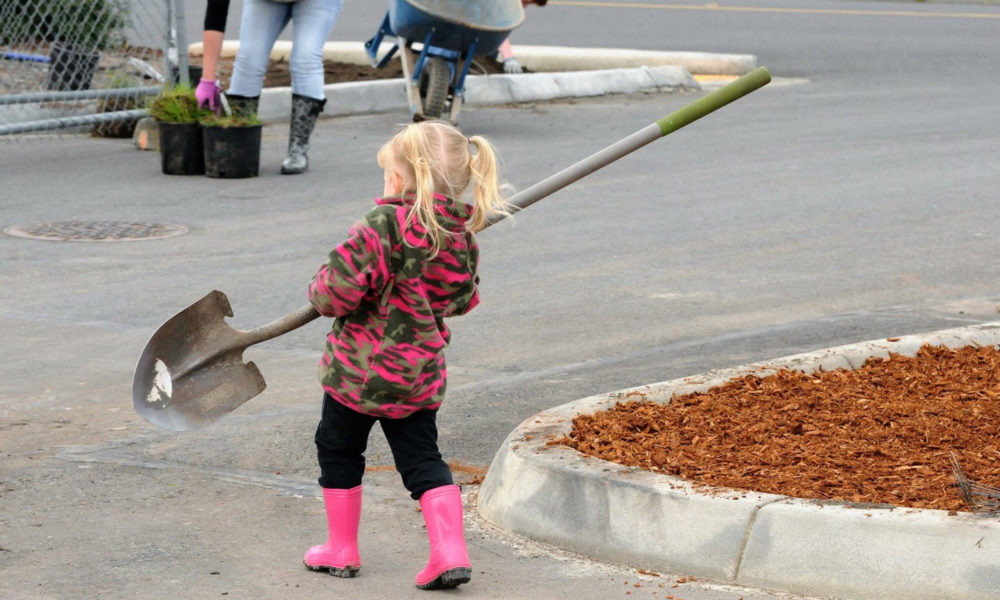This year’s goal is 200,020 diapers!
The 6th Annual March of Diapers Drive for Babies will be collecting diapers & wipes from March 1-31 at multiple locations throughout Puget Sound.

The March of Diapers drive started after South King County resident Cheryl Hurst visited The DAWN domestic violence shelter that routinely has babies accompanying women seeking shelter from domestic abuse. Hurst, says, “I saw that the shelter had only 1 box of diapers and I had this indescribable feeling that something needed to be done to fix this problem.”
Government assistance safety net programs do not pay for diapers and wipes, so the March of Diapers uses the month of March to collect diapers and wipes to meet a desperate need for baby sanitary products that would otherwise not be met.
The program collected 15,300 diapers in its first year in 2014, thanks to IAM 751 The Machinists Union. In 2019, the March of Diapers collected over 154,000 diapers. The goal for 2020 is to collect at least 200,020 diapers. The March of Diapers will collect a total of one half million diapers since its inception if this year’s goal is met.
DIAPER DRIVE QUICK FACTS:
- Diapers cannot be purchased through any government assistance program.
- Government safety-net programs do not recognize diapers as a basic need: they are classified with cigarettes, alcohol and pet food as disallowed purchases.
- For children less than 6 years of age, 1 in 4 live in poverty. Of these children 56% came from a family with a female head of household.
- Although the national poverty rate is 15%, the percentage of women head of household families who live in poverty is double the national average.
- 5.8 million babies in the United States aged three or younger live in poor or low-income families.
- Disposable diapers cost up to $70-$100 per month per baby.
- Most childcare centers require parents to provide a day’s supply of disposable diapers (6 to 8 changes daily) and these diapers must stay at the childcare center.
- For sanitary reasons, coin-operated laundromats often don’t allow customers to launder cloth diapers.
- There are many low-income seniors who regularly use hygiene products (such as Depends) that are a daily need for seniors with incontinence issues. Unfortunately, their monthly social security checks do not stretch far enough to purchase them.

